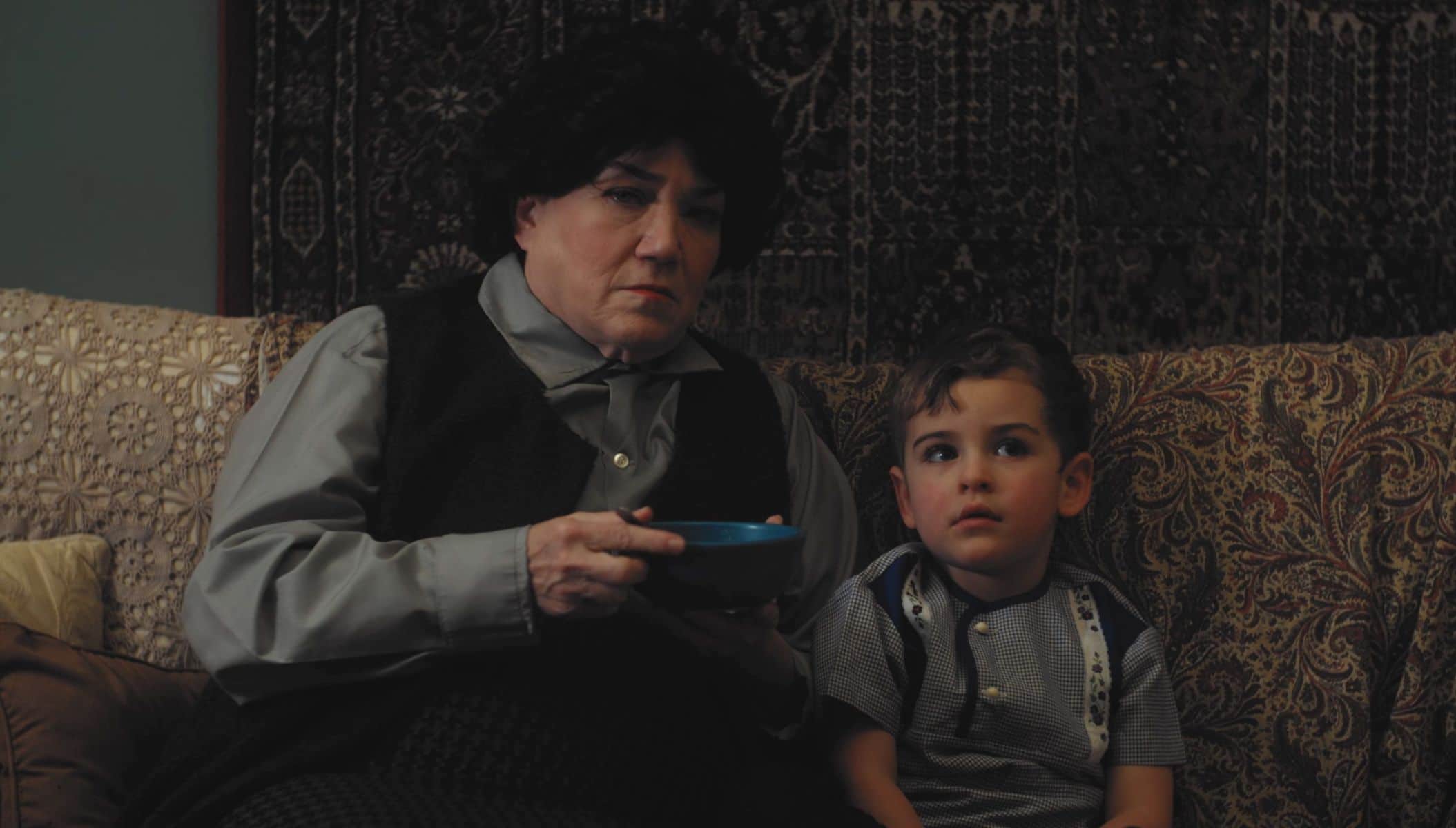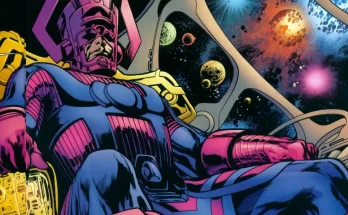Want to hear more from the actors and creators of your favorite shows and films? Subscribe to The Cinema Spot on YouTube for all of our upcoming interviews!
Potato Dreams of America tells the story of a young boy named Potato and his mother, Lena, who are living their lives in the oppressive Soviet Union. The government begins to fall and the iron curtain is slowly pulled. As a result, they are introduced to American films and are soon infatuated by the idea of the “American dream.” As their country gains more exposure from the West, Potato realises that he may not be like the other boys at school — maybe he likes the other boys at school?
When Lena finds an advertisement for mail-order brides, she begins writing to a man named John, who soon makes their hopes and dreams come true. He pays for them to move to the United States so they can live with him. While the US is better than their homeland, Lena and Potato find themselves having to live with a new life of oppression due to John’s ultra-conservative views. Lena can’t openly speak her mind, and Potato finds himself struggling to live life as his true gay self. If they do, then John will send them back home.
On paper, Potato Dreams of America sounds like a fascinating story, one that I would instantly enjoy. Sadly, I did not enjoy this film for many reasons.
Discussion
I actually struggled to get through to the end of the film because it’s an overly-long affair filled with cringe-worthy performances and quite shambolic writing. On top of that, the film has a jarring tone that never nails itself down. At times it’s like a straight-forward black comedy, and other times it felt like I was watching some bizarre play performed by local amateur actors.

The satire of life in the Soviet Union was interesting to watch. Still, the film’s little charm vanished once Potato and Lena moved to America. (Here, they now switched their American accents for Russian ones). The acting certainly improved, thanks to older actors who portray Lena and Potato in the last half. Although, the film just became harder to watch. Marya Sea Kaminski, who plays the older version of Lena, stands-out among the entire cast while Tyler Bocock isn’t bad, but he plays the older Potato as a near-constantly emotionless teenager, and it makes the older Potato’s scenes incredibly dull.
I’m bewildered as to what the purpose of certain aspects of this film was meant to be. For instance, the Soviet sets are tacky and look like they’ve been borrowed from a school play. This may have been intentional as it contrasts with the more “livable” sets we see used when the film changes its setting to the U.S. The issue is that even the U.S. sets look very cheap. It leaves me wondering whether that’s a comparison I made up in my head or what they were actually going for.

Another bizarre addition is that of Jonathan Bennett, who plays Jesus Christ, as imagined by Hersh Powers’ young Potato. Bennett’s addition is truly perplexing, adding so little to the story and could be switched-out by literally any other character. His presence feels like an attempt to emulate what Jojo Rabbit did so well with its ludicrous yet hilarious portrayal of an imaginary Hitler. This is all without mentioning the scene where Jesus is watching a boxing match. Little does he know that beside him, young Potato begins to – how should I say it? – “discover himself.” The scene isn’t explicit but was still enough to make me feel uncomfortable enough that I had to turn away.
Conclusion
Despite all the shortcomings, I did enjoy some aspects of the film. Potato’s self-discovery as a gay man was interesting and relatable, especially when he becomes exposed to the LGBTQ+ community. The best scene is certainly his coming-out. Bocock and Kaminski give the best performances in the entire movie, making this scene stand-out among the rest.
I was excited to see an LGBTQ+ film as part of the SXSW21 festival. While parts of Potato Dreams of America were enjoyable, they are sadly overshadowed by a lacklustre script and clumsy direction.



